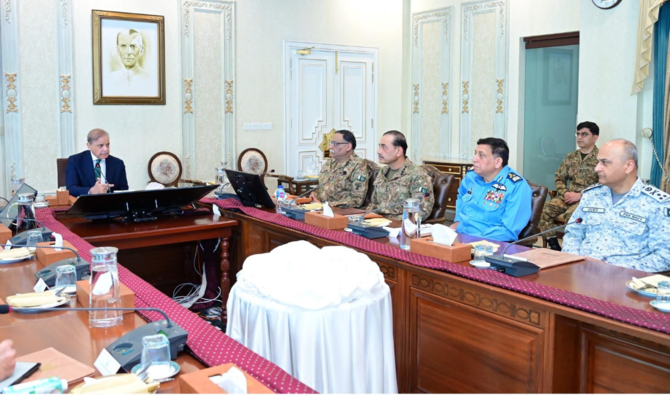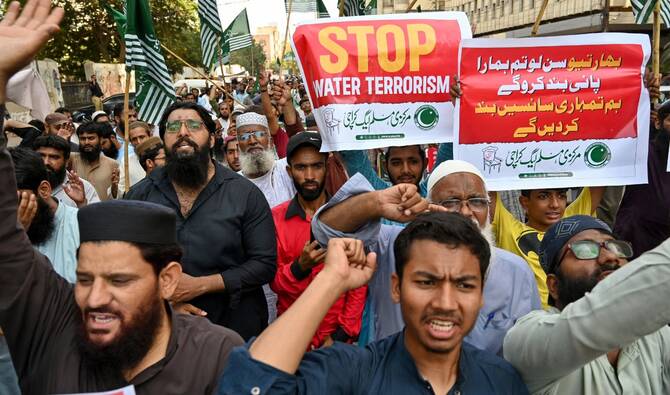KARACHI: Trax, a Pakistani startup building logistics for digital economy, has raised $3.7 million in a Seed funding round from a consortium of strategic investors, the startup announced on Friday.
The round was co-led by the US-based Amaana Capital, making it’s second direct investment into Pakistan, and the UAE-based Tricap Investments. PNO Ventures committed to the round as did angel investors, including CEO of Walmart-backed fintech One Omer Ismail and Silicon Valley tech entrepreneur Jahanzeb Sherwani.
Pakistan saw a huge funding rush in 2021 when startups attracted around $360 million but the funding fell to around $350 million in 2022. With the latest funding round, the amount disclosed by Pakistani startups has increased to $15.2 million in 2023.
Trax said the funding would be utilized to expand logistic operations with introduction of new tech-based business solutions to customers.
“The investment will be used to accelerate the growth of Trax's logistics services and the introduction of new business verticals such as fintech and technology solutions for customers,” the startup said in a statement on Friday.
Trax, one of the pioneering logistics players in the Pakistani e-commerce sector, has been instrumental in facilitating the growth of e-commerce in Pakistan since its launch in mid-2017 by introducing innovative logistics solutions and disrupting the extended payment cycles of legacy players.
"We have built Trax with hard work and passion while funding ourselves because of our strong belief in the model. This funding will allow us to accelerate our journey as we continue to solve problems for the ecommerce & logistics industry through our tech solutions," said Hassan Khan, founder and CEO of Trax.
"Our new partners will help open doors for us to markets outside Pakistan and guide us to launch new verticals as we take Trax from a logistics company to one that solves connectivity issues and enhances financial inclusion in Pakistan."
Trax has built the third-largest delivery network in Pakistan with "access to 95% of the population," served through over 100 warehouses, hubs, and retail centers nationwide, according to the statement.
The company also pioneered a by-road fast-transit line haul system for e-commerce improving lead times while reducing costs for their clients. Trax works with more than 7,000 ecommerce merchants and also has clients in the banking, pharmaceuticals, FMCG and manufacturing industries, who trust its exceptional team of over 2,000 talented individuals to move their goods with speed and efficiency.
"We are impressed with Trax's innovative approach to logistics and their commitment to providing high quality solutions to their customers,” Suleman Soorani, a partner at Tricap Investments, was quoted as saying in the statement.
"Trax has an exceptional leadership team and a proven track record of delivering scale."
Aziz Hashim, managing partner at Amaana Capital, and other investors also expressed their confidence that the company will continue to expand its operations and become a leading logistics player in Pakistan.
Earlier, Maqsad, a Pakistani edtech company, had announced raising $2.8 million in a seed funding round while in another fund-raising deal the AdalFi, a Lahore-based digital lending infrastructure, had raised $7.5 million, whereas $1.2 million were raised by Swag Kicks, a Karachi-based second-hand online clothing marketplace.





















